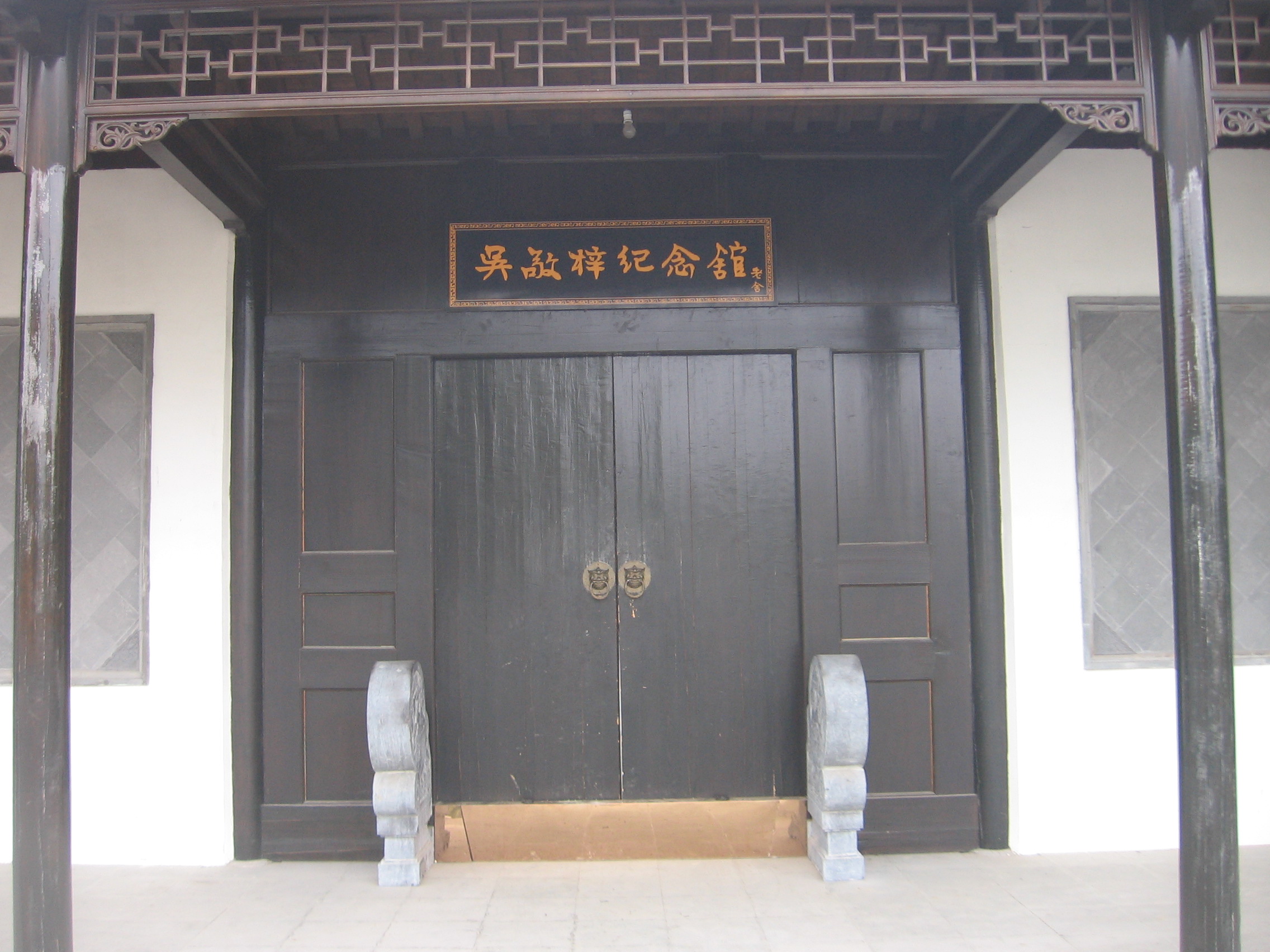Wu Jingzi on:
[Wikipedia]
[Google]
[Amazon]
Wu Jingzi (Wu Ching-tzu), (1701—January 11, 1754) was a
 Wu was born into a well-to-do family. His father Wu Linqi () was a
Wu was born into a well-to-do family. His father Wu Linqi () was a
"Rulin Waishi" ("The Scholars")
''
Archived
at InternetArchive. *
Qing dynasty
The Qing dynasty ( ), officially the Great Qing,, was a Manchu-led imperial dynasty of China and the last orthodox dynasty in Chinese history. It emerged from the Later Jin dynasty founded by the Jianzhou Jurchens, a Tungusic-speak ...
Chinese scholar and writer who was born in the city now known as Quanjiao, Anhui and who died in Yangzhou, Jiangsu. He was the author of '' The Scholars'', often seen as the foremost Chinese satiric novel.
Biography
 Wu was born into a well-to-do family. His father Wu Linqi () was a
Wu was born into a well-to-do family. His father Wu Linqi () was a Qing
The Qing dynasty ( ), officially the Great Qing,, was a Manchu-led imperial dynasty of China and the last orthodox dynasty in Chinese history. It emerged from the Later Jin dynasty founded by the Jianzhou Jurchens, a Tungusic-speak ...
official, but Wu Jingzi himself met with no success. He obtained the xiucai
The imperial examination (; lit. "subject recommendation") refers to a civil-service examination system in Imperial China, administered for the purpose of selecting candidates for the state bureaucracy. The concept of choosing bureaucrats by ...
degree in 1720, but when people in Anhui criticized him for wasting his family fortune, he moved to Nanjing. Poverty-stricken by the age of thirty-two, he met and acquainted himself with many government officials but renounced ambition did not attempt the exams. One report had it that he could not afford to buy fuel, and when the nights were cold, he and his friends would walk together outside the city walls, chatting and composing poetry, a tactic they called 暖足 ("warming our feet").
Wu's family may have had ties to the famous philosophers Yan Yuan and Li Gong (). The philosophers emphasized the importance of ritual in Neo-Confucianism
Neo-Confucianism (, often shortened to ''lǐxué'' 理學, literally "School of Principle") is a moral, ethical, and metaphysical Chinese philosophy influenced by Confucianism, and originated with Han Yu (768–824) and Li Ao (772–841) ...
and may have influenced Wu's novel.
While in Nanjing, in 1740, he started his famous novel ''The Scholars''. There is a museum in his honor located in his hometown of Quanjiao county, now Chuzhou
Chuzhou () is a prefecture-level city in eastern Anhui Province, China. It borders the provincial capital of Hefei to the south and southwest, Huainan to the west, Bengbu to the northwest, and the province of Jiangsu to the east. According to ...
.
Notes
References
*Encyclopædia Britannica 2005 Ultimate Reference Suite DVD
An encyclopedia (American English) or encyclopædia (British English) is a reference work or compendium providing summaries of knowledge either general or special to a particular field or discipline. Encyclopedias are divided into article ...
, article- "Wu Ching-tzu"
* He, Manzi"Rulin Waishi" ("The Scholars")
''
Encyclopedia of China
The ''Encyclopedia of China'' () is the first large-entry modern encyclopedia in the Chinese language. The compilation began in 1978. Published by the Encyclopedia of China Publishing House, the encyclopedia was issued one volume at a time, begin ...
'', 1st ed.
* Paul S. Ropp, ''Dissent in Early Modern China: Ju-Lin Wai-Shih and Ch'ing Social Criticism'' (Ann Arbor: University of Michigan Press, 1981).
* Archived
at InternetArchive. *
External links
* 1701 births 1754 deaths People from Chuzhou Qing dynasty novelists Writers from Anhui 18th-century Chinese writers Chinese male novelists {{China-writer-stub